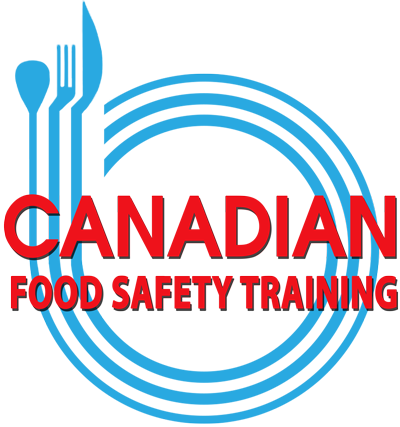Before the internet came along, we used to find lots of recipes in cookbooks, for some, this is still the best source of inspiration, but beware, sometimes the information on these books can be outdated and they might not present the safest food handling and cooking tips.
Cookbooks are lacking when it comes to food safety advice, according to a University of Guelph study published in the journal Food Control. Researchers evaluated 770 meat and seafood recipes from 19 Canadian cookbooks published between 2015 and 2017, and found them to be an unreliable source of safe food handling practices.
Nearly all (96 per cent) either provided inaccurate minimum cooking temperatures or neglected to include them. Instead of promoting thermometer use, the vast majority (again, 96 per cent) suggested more impressionistic methods: Evaluating colour and texture, or using time as an indicator of doneness.
Foodborne illnesses, many of which go unreported, affect between an estimated 11 and 13 million Canadians each year. According to lead author Jeffrey Farber, director of University of Guelph’s Canadian Research Institute for Food Safety, “A kitchen in the home can harbour and spread foodborne pathogens just as much or more than one outside the home. The household kitchen is often the last line of defense in the prevention of foodborne illnesses. For that reason, it is vital that the cookbooks Canadians use at home make every effort to protect users from illness.”
Don’t let these illnesses get you, your loved ones, or clients, at Canadian Food Safety Training we teach you how to safely prepare and handle food, book your training here and become a Certified Food Handler.

